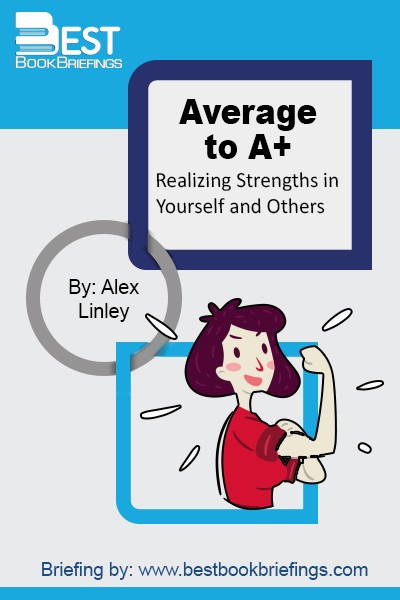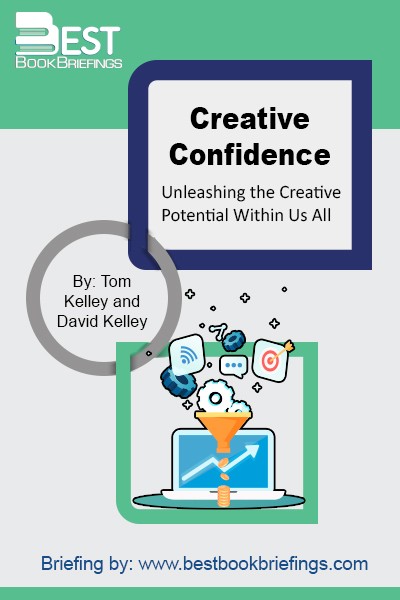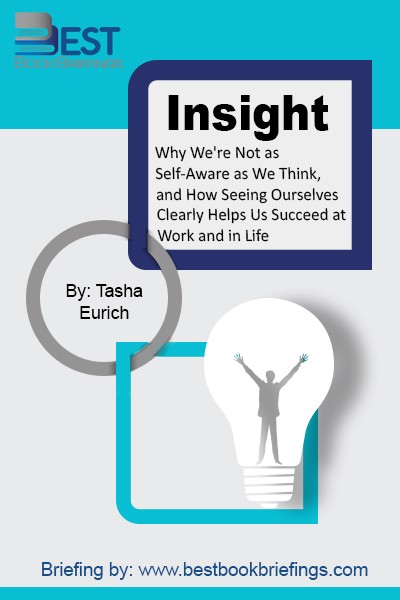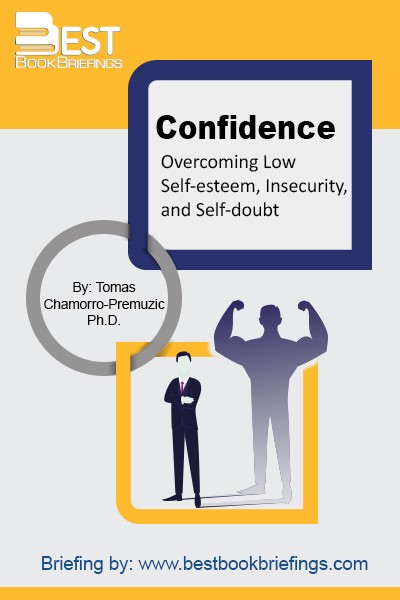Confidence
Overcoming Low Self-esteem, Insecurity, and Self-doubt
Editorial Review
If you picked up this book because you want to increase your confidence, you are not alone. Millions of people have low confidence and most of them worry about it, not least because it's incredibly hard to simply boost. our confidence at will, as you've no doubt realized by now. We've been taught to prize the swagger of confidence and all its apparent benefits. Who, given the choice, would want low confidence and its related anxieties—both social and performance related—and problems? In fact, you'd probably think that those enviable people with high confidence are more likable, more employable, and more successful in the long run—but you'd be wrong.
Book Reviews
Books on Related Topics

We all want to be better than average. We want to be A+. What does it take to be A+? The essence of being A+ is that we need to realize strengths in ourselves and others. We need to become and continue becoming the best that we can be, as well

When you hear the word “creativity,” what do you think of next? You may equate “creative” with “artistic.” You may believe that architects and designers are paid to be creative thinkers, but CEOs, lawyers, and doctors are not. Or you may feel that being creative is a fixed trait, either you’re

Self-awareness is the meta-skill of the twenty-first century. If we’re not self-aware, it’s almost impossible to master the skills that make us stronger team players, superior leaders, and better relationship builders—at work and beyond. The lifelong journey to understanding who we are and how we’re seen can be a bumpy one, full

Confidence is the bridge connecting expectations and performance, investment and results. Sometimes it seems as if there are only two states of being: Boom or Bust. When things are up, it feels as if they will always be up. People come to believe they can succeed at anything they try; companies



